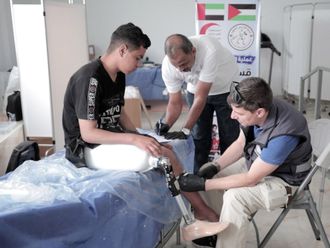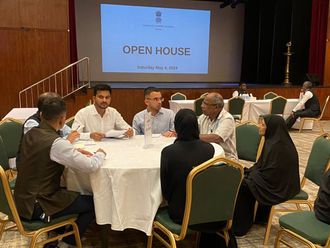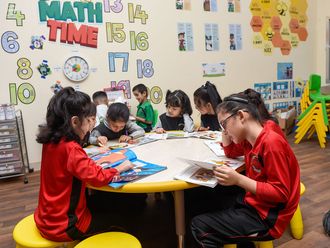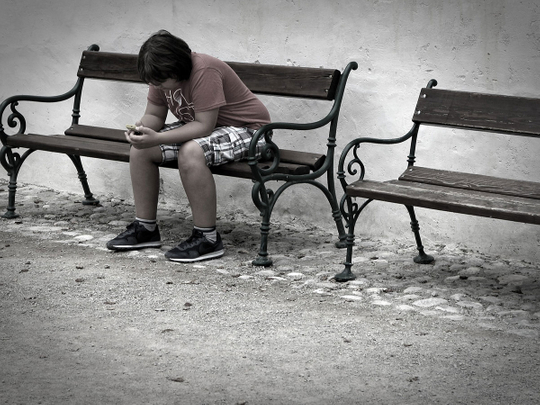
Highlights
- Is your child being attacked online - have you missed the signs?
- The cycle of bullying – it’s not just one person
- Is your child a bully?
- Being friends with your child on social media
- Netiquettes
As language has evolved to keep up with the steadily changing modes of communication, so has the bully. From playground missteps to cyber-attacks, the bully has negotiated pathways to staying current. And the anonymity some online platforms offer only help him/her dispense the negativity.
To bully someone has become a two-step affair: write a message and press send. It’s never been easier to start a rumour or to humiliate someone. What constitutes bullying? Intimidating someone through words or action to influence behaviour. According to cyber bullying statistics from the non-profit organisation i-SAFE Foundation, more than 25 per cent of adolescents and teens have been bullied via cell phones or on the internet. What’s more, more than half of those victimised don’t tell their parents about the tactics they must deal with on a regular basis.
While most schools in the UAE are mandated to have an anti-bullying rule in place, it is difficult to identify unless the child speaks up. Here we take a look at what cyber bullying looks like and how you can help your child cope if he/she is at the receiving end of such coercion. Keep an eye out for unusual behaviour.
“Cyber bullying is a very powerful weapon to harm others,” explains Dr Mrabet Jihene, Clinical Psychologist and Assistant professor at the American University in the Emirates. Here’s why:
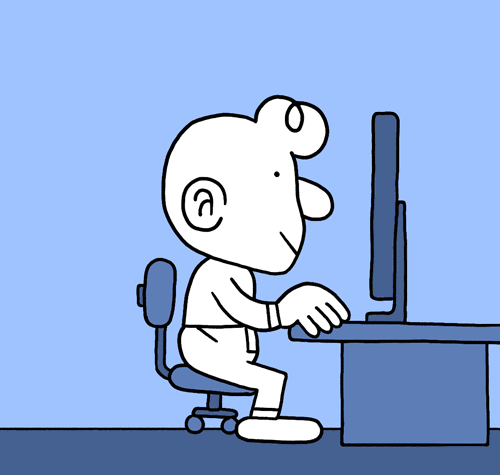
It’s anonymous: “It creates conditions for users to experience less behavioural inhibitions. [And] you as a victim won’t have the ability to identify your enemy,” says Dr Jihene. And if you don’t know who is attacking you, how would you retort?
Largely untraceable: “Like electronic messages sent by [an] anonymous profile, hacking strategy [employed], faking pictures or videos that can be spread from a person online to another” all make it difficult to find the source of the malice.
Guilty until proven innocent: “If you have a fake picture or video of [yourself] published on social media, it is very difficult to prove it wrong – why? Because people tend to believe in what they see,” explains the doctor.
You are on the clock: Cyber bullying can cause widespread damage in just a few minutes. Especially when it’s well organised. “It’s like you are hitting someone so rapidly that he is losing the power to resist,” says Dr Jihene.
Unpredictable: it raises the anxiety of the victim.
Bullying is a vicious cycle: meet the players
“[The] most important thing is that it [bullying] includes others, watchers. The aggressor needs to humiliate the victim in front of others. So we need someone to watch that and effect of cyber bullying can be really disaster [like] you have been through a trauma. Both psychologically and emotionally there will be consequences like isolation and avoidance of activities, people related to the event,” explains Dr Jihene.
Those involved include: The bully; the henchmen and supporters – who may even carry out the acts; passive supporters, who laugh along; those who aloof to the situation; passive defenders, who don’t like the abuse but will not jump to anyone’s defense; and the defender, who helps the victim
Symptoms that point to being bullied:
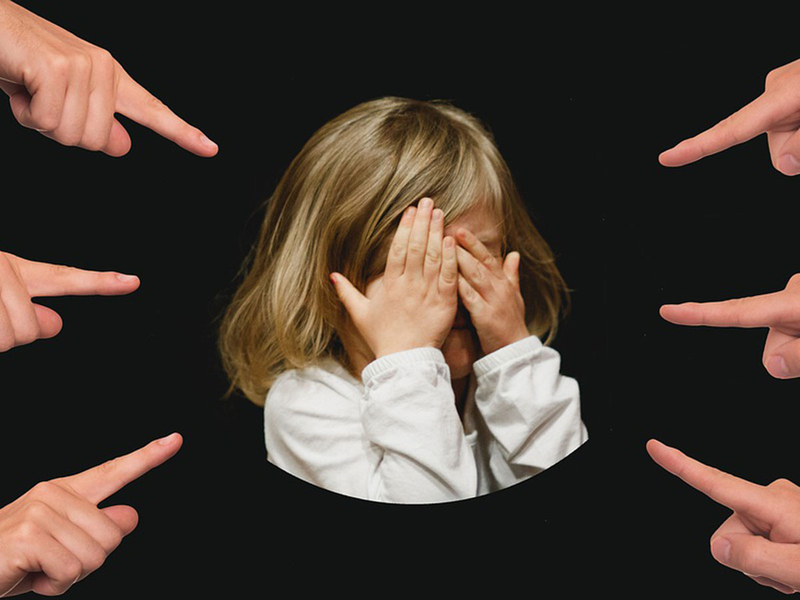
Psychosomatic ailments: Difficulty in breathing, sleeping, sweating, stomach ulcers, dermatological reactions.
Emotional distress: Depression, suicidal ideation and sometimes, [an] attempt at suicide. Anxiety disorder, fear, low self-esteem. “The person will have nightmares and flashbacks and of course they will feel jumpy and easily irritated. They [may lose confidence of people around them],” says Dr Jihene. You may see substance abuse.
The bullying a could also result in social isolation, decrease in academic achievements, hopelessness, anger and aggression, says Dr Daniela Graf, Child & Adolescent Psychiatrist at German Neuroscience Centre. “[They may also] show self-harming behaviors like cutting, and school refusal. The severity of their specific symptoms will give you information about the extent,” she adds.
What should I tell my child if he/she is a target?
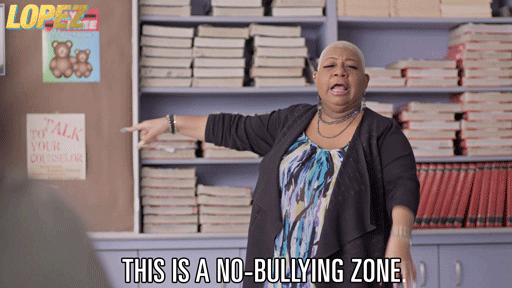
Besides telling him/her that the bad behaviour is NOT warranted under any circumstances, say:
1. Do not speak to/engage with the bully – this is what they want. “They want to have power over you”.
2. Always tell someone –parent or teacher - what happened to you.
3. Inform internet providers and local authorities
3. Do not meet the cyber bully. If you feel you have no choice, meet them under the cover of authority, and in a public place.
4. “Evaluate any responding strategy that you are going to [use]. You have to think logically, if I chose to do that what will be the risk and what will be the benefit?” says Dr Jihene.
5. Take things into your own hands, says Dr Graf, to parents. “Talk to the teachers, other parents and in severe cases seek help of a child psychiatrist in order to prevent a school refusal or adjustment disorders. Furthermore the parents should support their child by showing them empathy and understanding and help them deal with this negative experience.”
Why must one bully?
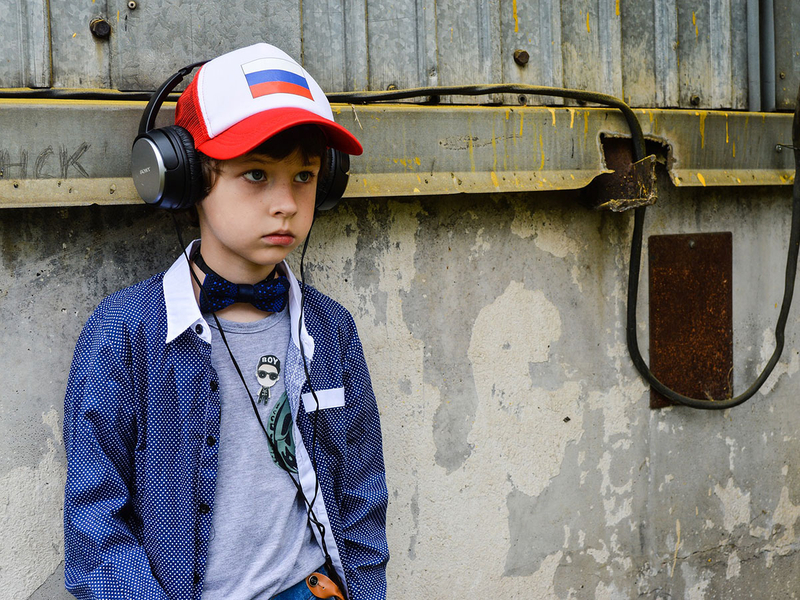
Bullying is always just a symptom. There are many factors that may cause a child –or adult - to turn to this sort of negative behavior. “Most bullies feel very lonely, have a lot of anger, fears, depressive feelings and frustration inside and no appropriate coping skills to deal with these negative feelings in a different way,” says Dr Graf.
Should I be on my child’s social media friend to I can monitor exchanges?
“I would not recommend that. It’s embarrassing to the children and a certain privacy is important. Try to focus on building a trustworthy relationship so you can rest assured that your child will seek your advice in case of need,” says Dr Graf.
Netiquettes

The etiquettes of online conversation are an important tool to share with children. This can include the use of sentence case – upper case tends to come off as screaming in a chatroom – or the use of emojis.
Other things that you should keep an eye on, says Dr Graf, is:
a) Limit your child’s internet consumption to a minimum but accept on the other hand that it’s in these days an important communication tool for kids to stay in touch.
b) Make time for your children and offer them to play something together - a child will always enjoy attention given by their parents
c) Monitor the usage of the internet. Homepages that are not made for kids should be blocked.





